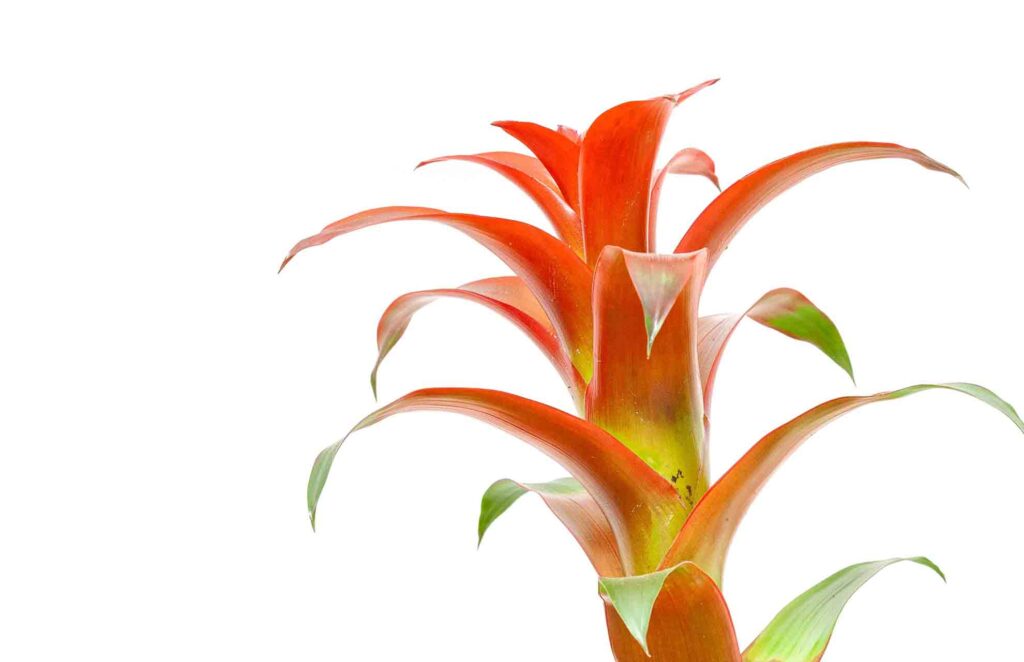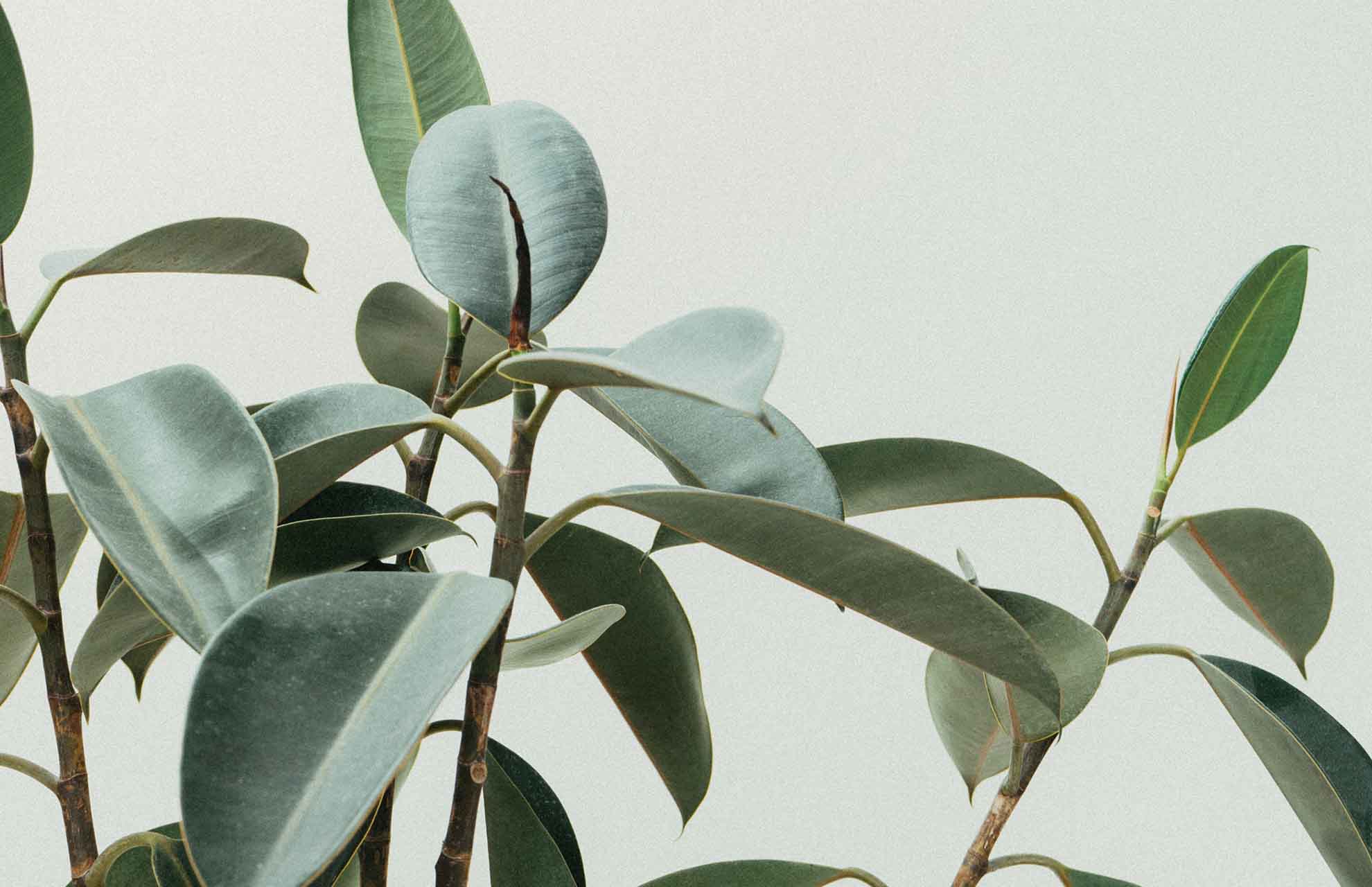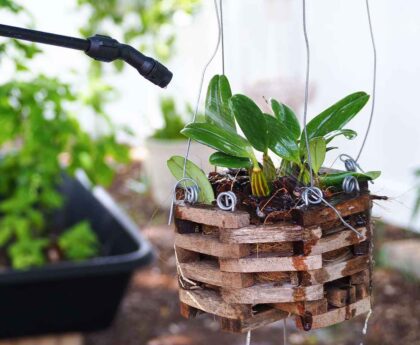When you buy a new plant, you may have to regulate the container to keep your kitty safe. Sometimes, backyard facilities will depart sharp stakes or identification tags attached to the branches. Cats are eccentric animals, and every so often their curiosity leads them to munch on your residence plants. Numerous flowers and ingredients are toxic to your cat, however, thankfully, bromeliads are safe to maintain in your home.
Bromeliads
Bromeliad is a common name for the family Bromeliaceae with 75 genera and about 3590 species. These monocot flowering plants are native to substantially tropical America, with many set up in West African tropics and American subtropics.
Besides pineapple, which is an important cultivated crop, i.e., fruit, there are numerous bromeliads grown as cosmetic plants( garden and houseplants). Some of the stylish genera with charming species, mongrels, kinds, and cultivars you should consider as house plants include
- Aechmea
- Guzmania
- Neoregelia
- Vriesea
- Neoregelia
- Tillandsia
- Cryptanthus
Are Bromeliads Toxic To Cats
Bromeliads are safe for pussycats, i.e., all the colorful houseplants in the bromeliad family aren’t toxic to pussycats and indeed dogs. This is a shriek of relief to people who have these pets because they occasionally graze verdures, including houseplants and lawns.
Besides decorating and creating a tropical- suchlike charm in your home, bromeliads will help clean air( purify unpredictable organic chemicals or VOCs) inside your home that’s released by maquillages, cabinetwork, drawing inventories, printers, copiers, dry-gutted clothes, among other things.
Eventually, besides pussycats, bromeliads aren’t poisonous to humans. Still, there may be species you need to keep out of your children’s reach because their sap may potentially beget antipathetic responses, characterized by minor dermatitis.
What Parts Of The Bromeliad Plant Are Poisonous Or Toxic
No part of the Bromeliad plant is toxic to pussycats, but these plants are poisonous to pussycats. That said, if your cat consumes the leaves, flowers, seeds, tire, or roots of this plant, they may witness some digestion torture.
Your nimbleness may end up with mild discomfort in the stomach, puking, or diarrhea. In utmost cases, the symptoms will pass once the plant clears from the cat’s body. It’s just the body’s response to strange food.
But, if symptoms persist or get worse, you may want to consult a veterinarian to ensure your nimbleness doesn’t have an antipathetic response.
Although the plant itself isn’t toxic, that doesn’t mean it’s safe to let your pussycats, tykes , or kiddies snack on inner house plants.
Numerous farmers use diseases on their plants to promote better growth. Unfortunately, these diseases can contain dangerous chemicals that pose a peril.
The fertilizers used on plants like bromeliad generally contain attention to potassium( K), phosphorus( P), and nitrogen( N). These read as NPK( or variation) and have a number that defines the attention(30-10-10 NPK equals 30 portions N to equal 10 parts P and K).
There are also bobby, zinc, iron, manganese, cobalt, boron, and molybdenum. Large boluses of these constituents can beget poisoning to your pussycats. Low boluses can beget digestive issues.

How To Take Care Of Bromeliads
Since plants acclimated to tropical climates, they need warm, shady, wet, and sticky conditions if you have them outside. Thus, ensure they aren’t exposed to full sun( will suffer from splint becks) or freezing conditions.
Also, they need well-drained soil( not soppy). Still, the exact conditions may vary from one species, cultivar, or variety to another.
On the other hand, if you keep them outdoors, especially people in temperate regions, they don’t need to be important to thrive. Some of the conditions that will favor them include
Lighting – They thrive properly in bright, oblique daylight simply as they receive while in their natural habitat. Direct solar will cause harm to the leaves.
Humidity – Bromeliads require high humidity, ideally 40- 60% or more. To keep this humidity, you may also need to run a humidifier, create a humidity tray, mist, and so on. You can additionally vicinity them in your toilet or kitchen as these places tend to have higher humidity,
Soil – They need well-drained soil. A mixture of two corridors of peat and one part of sand will be ideal for their growth. Also, charcoal, orchid blend, and charcoal replanting will work well.
Temperature – Keep the temperature between 55- and 80- degrees Fahrenheit. Still, they can still thrive in lower temperatures but not below 40 degrees Fahrenheit.
Fertilizer – When it’s growing season, they need 1/8 or 1/4 strength diseases after every one week to a month.
Symptoms Of Poisoning
Although your cat needs to be fine if it consumes a bromeliad plant, that may not be the case with other flower types.
It helps to understand the symptoms of plant poisoning in cats so you can become aware of the problem if it occurs. Cats who are experiencing poisoning may have any of these symptoms:
- Vomiting
- Diarrhea
- Difficulty breathing
- Salivation (drooling)
- Twitches
- Swelling of skin or body
- Lethargy
- Loss of appetite
- Decreased energy
- Increased urination
- Increased thirst
Still, call the Poison Control Center to find out what to do, if you have enterprises your nimble is showing these symptoms. The stylish Poison Hotline for pet poisonings is the ASPCA Poison Control. You can reach them by phone at 888-426-4435.
For severe or long-continuing symptoms, take your cat to the vet. However, consider an emergency pet clinic, if you can’t get in with your regular doctor.
How To Protect Your Bromeliads From Your Cats
You need to protect your bromeliads from your pussycats for the stylish interest of your plant and its growth. Besides your kitten biting the plants and getting sick, other challenges may come from growing and breeding.
Your bromeliad pot might be a threat with your pet around since pussycats like to hop around, therefore knocking effects over. In addition, the pet digging through the pot may, in the process, extract the roots of the bromeliads, causing the plant to die.
- Make use of a spray bottle on your cat whenever it gets near the bromeliad. constantly doing this will help your cat from getting close to the plant.
- Repellant sprays can also be veritably helpful. Just spot your bromeliad plant, and your cat will be nowhere near your pot. Still, avoid using vinegar since this can harm your plant.
- You can put pebble monuments in your bromeliad pot but let there be enough space for soil to be watered. That will help your pussycats from digging through your soil.
- Consider placing your plants out of the reach of your cat.









